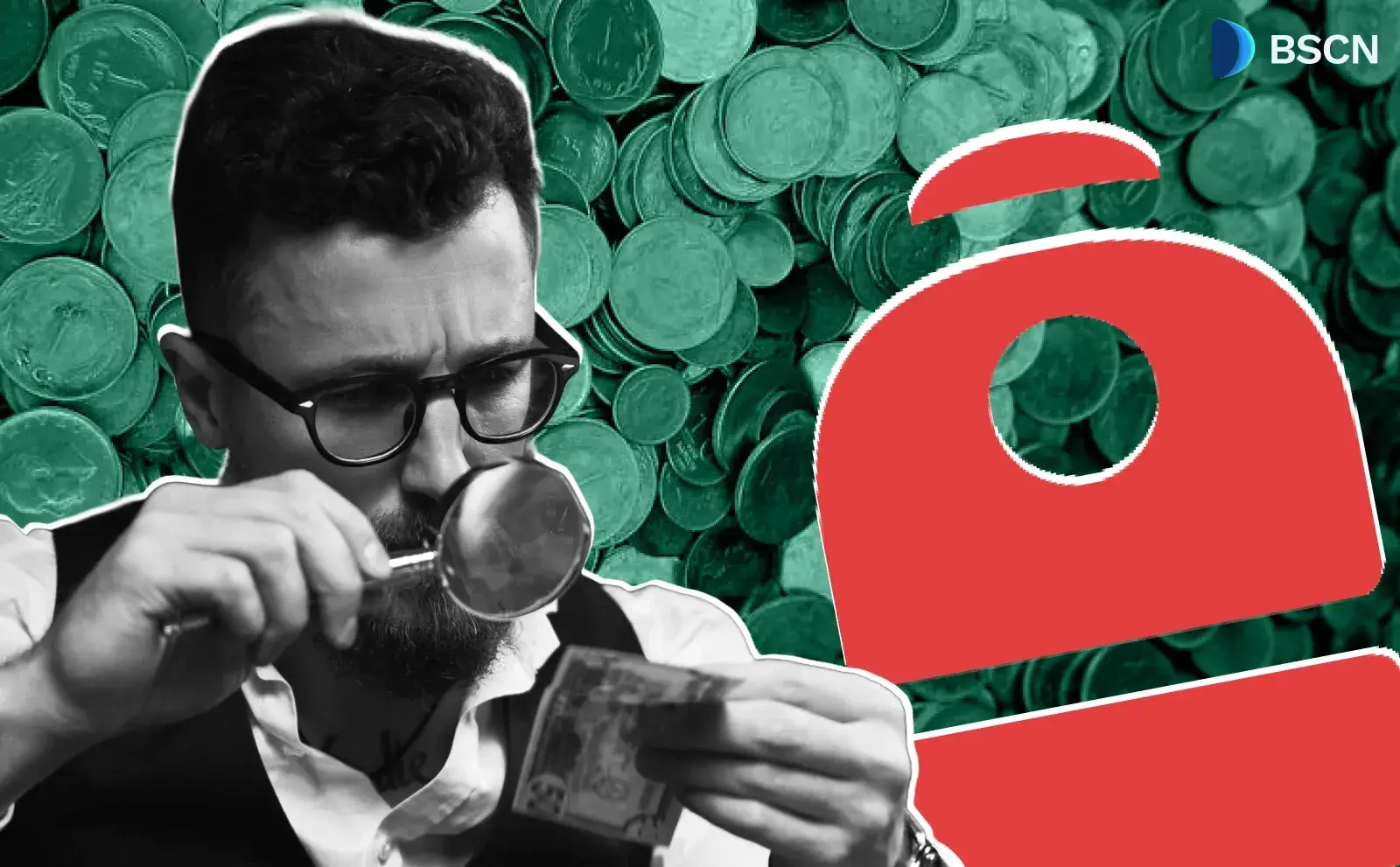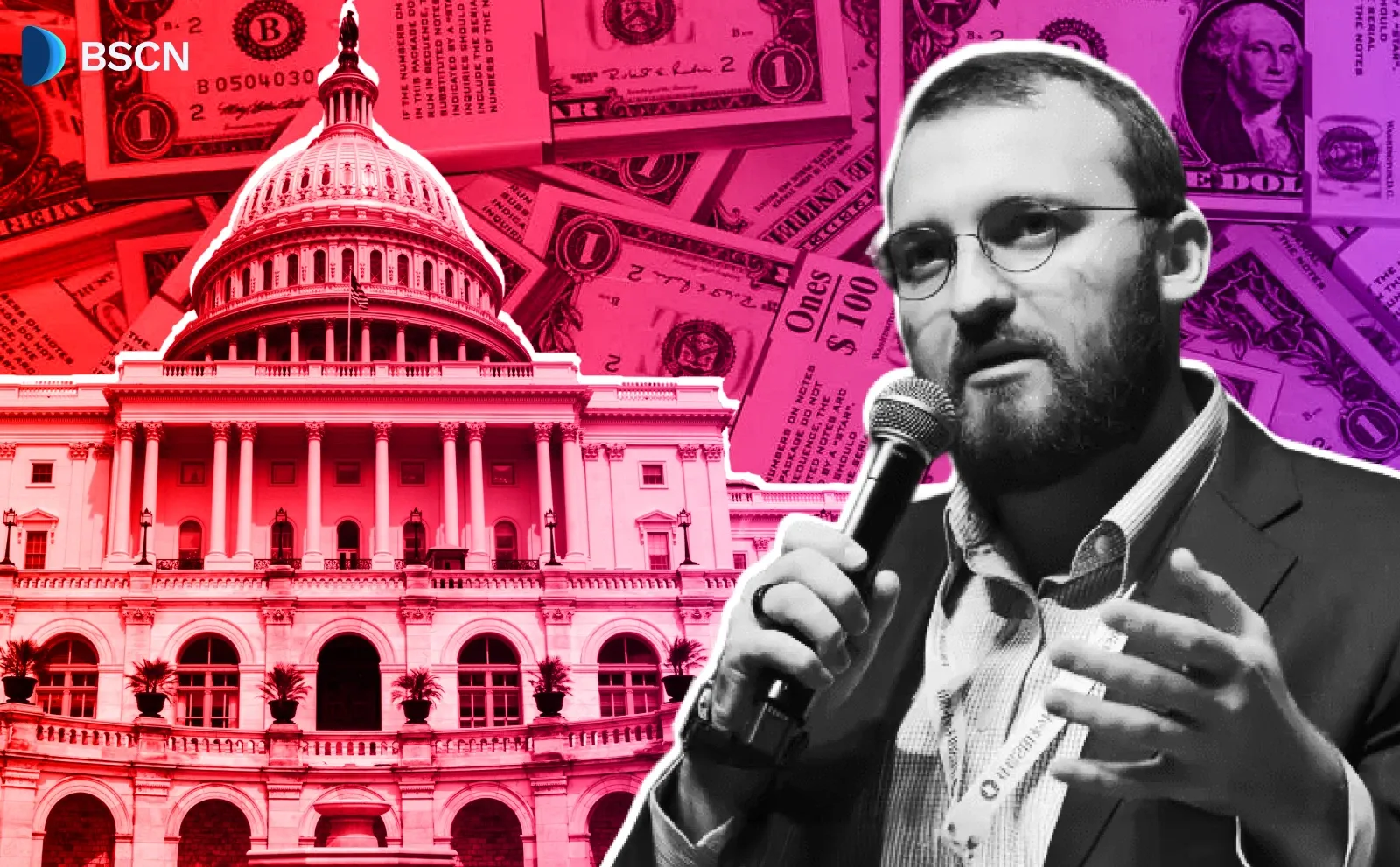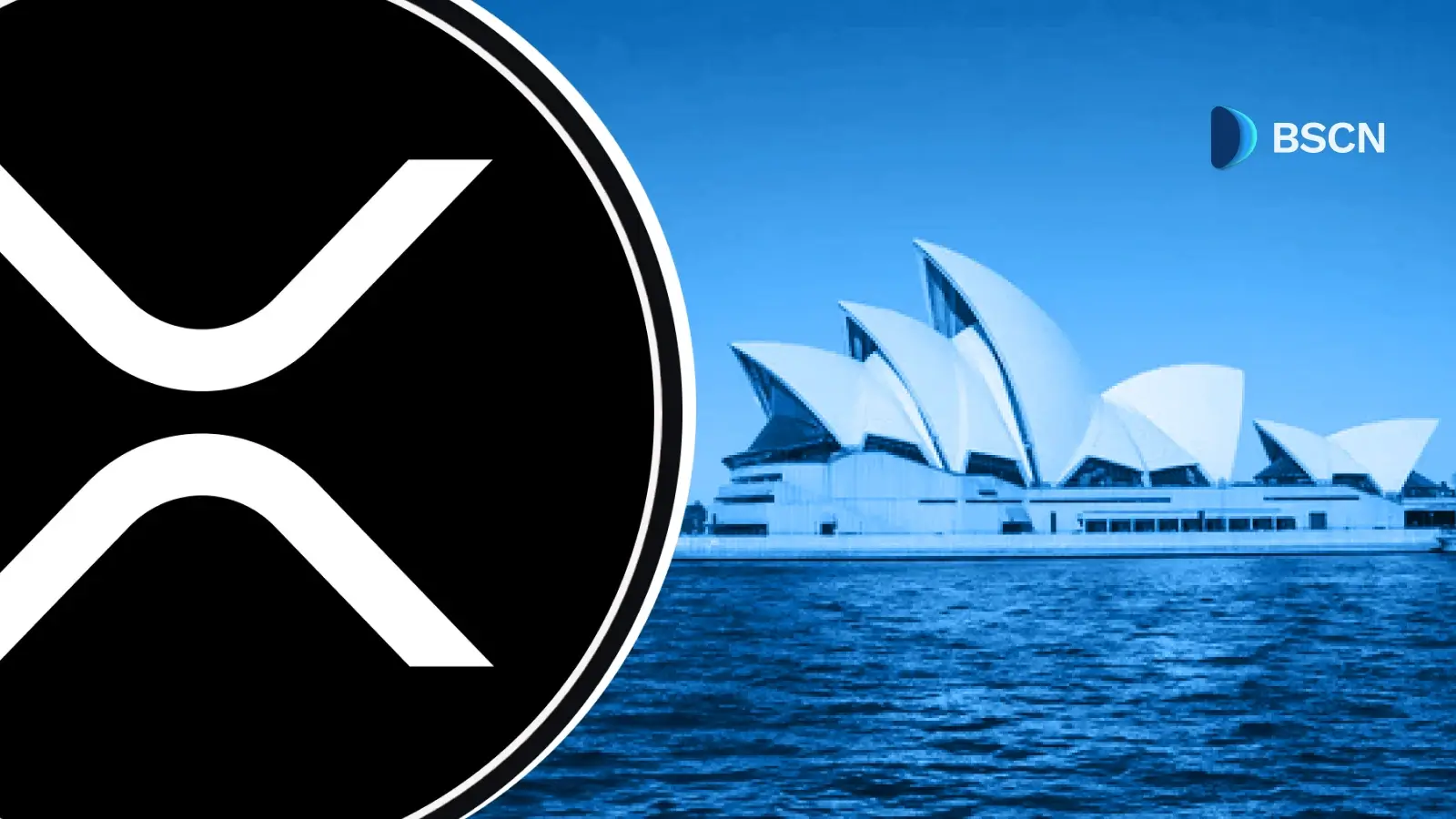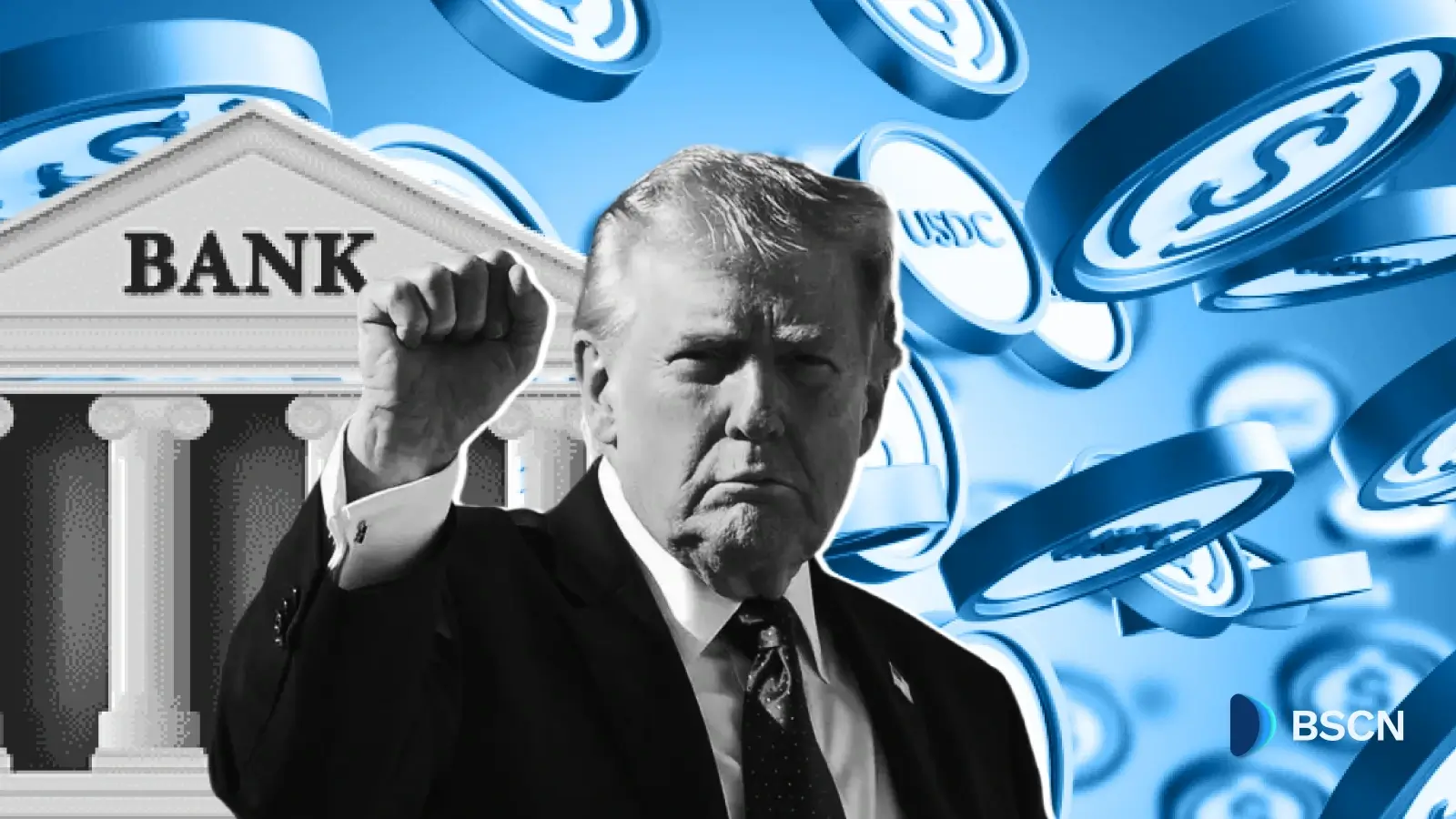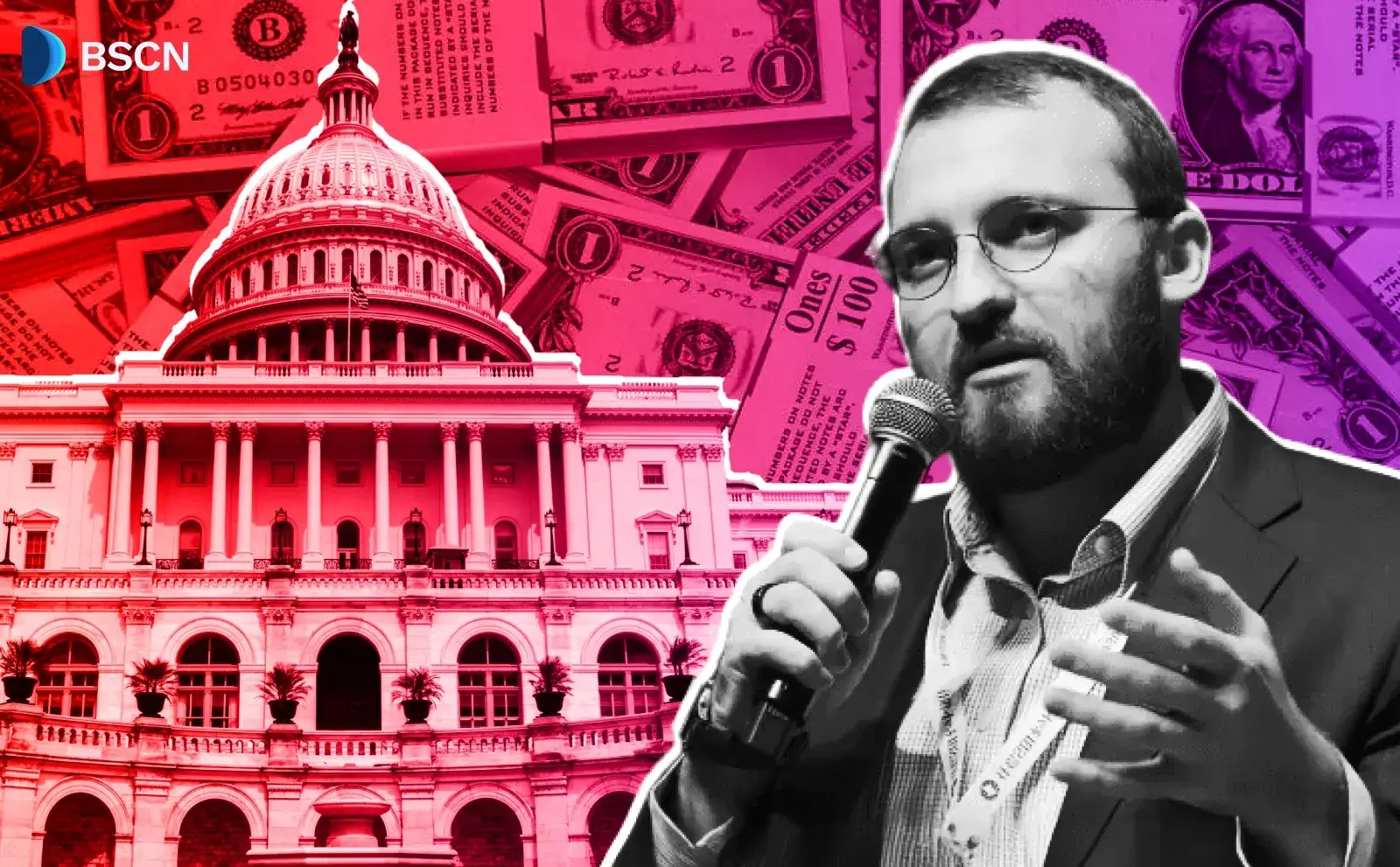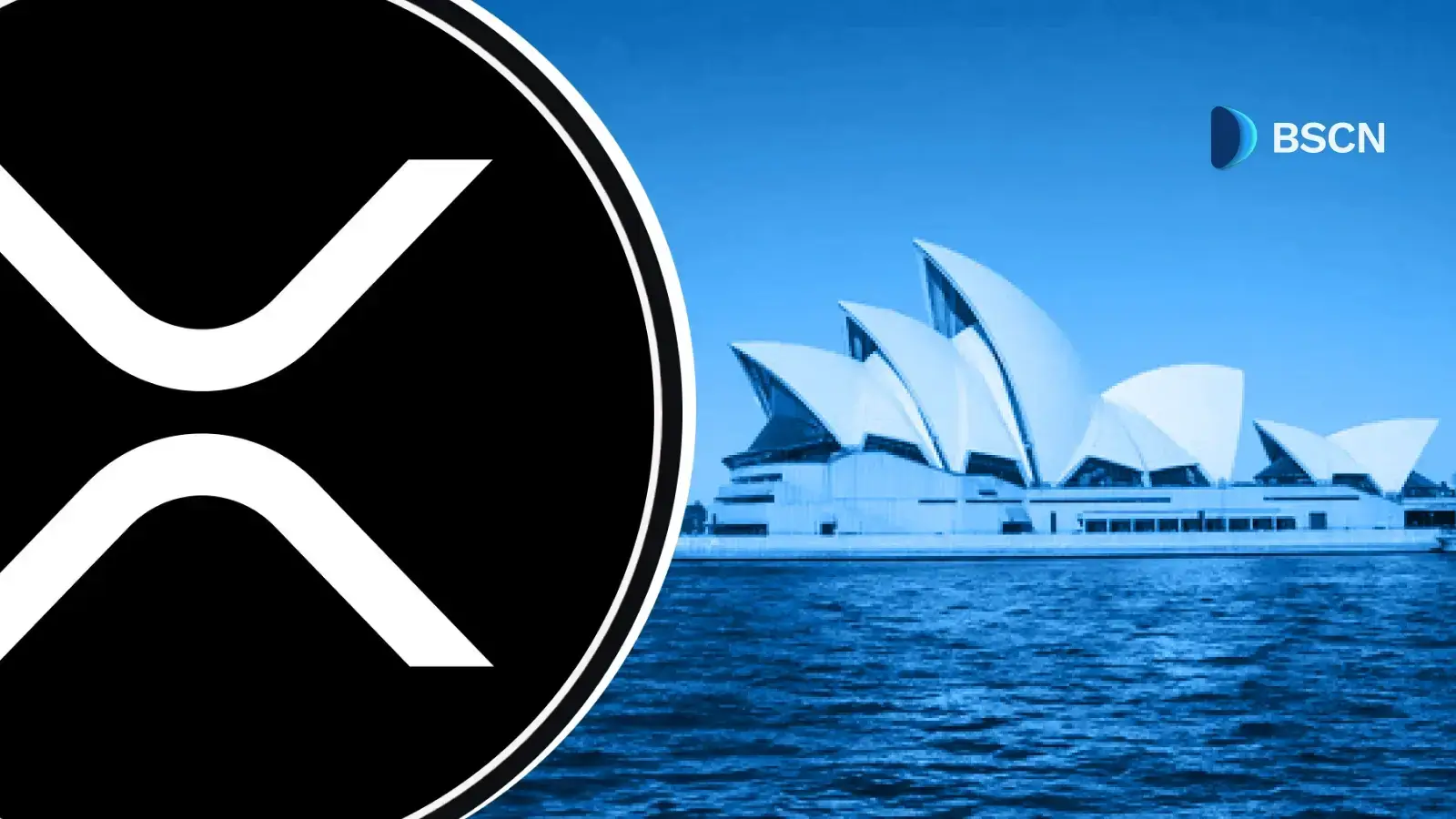Binance CEO Profile: Who Is Richard Teng?

Richard Teng is Binance’s CEO since November 2023. Former regulator with 30+ years of experience now leading the world's largest crypto exchange.
Crypto Rich
January 1, 2022
Table of Contents
Last revision: October 1, 2025
Richard Teng is the CEO of Binance, the world's largest cryptocurrency exchange by trading volume. He took the role in November 2023, replacing founder Changpeng Zhao. Teng brings over 30 years of financial regulation experience from Singapore and the United Arab Emirates, including six years as CEO of the Abu Dhabi Global Market's Financial Services Regulatory Authority.
The appointment followed a major DOJ settlement that required CZ to step down. Since taking over, Teng has transitioned Binance from founder-led operations to a board-governed structure, while securing regulatory approvals globally and expanding the user base from 170 million to 275+ million in 18 months.
What was Richard Teng's background before crypto?
Before entering crypto, Teng spent three decades building expertise in financial regulation across Singapore's most important institutions.
Born in Singapore in 1971, he earned an accounting degree from the National University of Singapore and later completed an MBA from the University of Chicago. His professional path started at PricewaterhouseCoopers as an auditor in the 1990s.
In 1997, he joined the Monetary Authority of Singapore (MAS), the country's central bank and financial regulator. Over the course of 13 years at MAS, he held senior roles, including Director of Corporate Finance, Director of Market Conduct, and Chief Regulatory Officer. He helped develop regulatory policies that shaped Singapore's financial sector.
Singapore Exchange and regulatory leadership
In 2010, Teng joined the Singapore Exchange (SGX) as Chief Regulatory Officer, overseeing compliance for listed companies, exchange members, and clearing houses. The role provided him with hands-on experience in market infrastructure and the operational challenges that exchanges face when balancing innovation with regulatory compliance. During this period, he developed listing rules, securities trading regulations, and risk management systems that remain in use today.
How did Richard Teng enter the cryptocurrency industry?
Teng's path to crypto started with recognizing blockchain's potential to solve longstanding financial problems.
At Abu Dhabi Global Market (ADGM), where he served as CEO of the Financial Services Regulatory Authority from 2015 to 2021, he led efforts to create one of the world's first comprehensive regulatory frameworks for digital assets in 2017-2018. This work provided Teng with direct experience in how cryptocurrency could address traditional finance problems, particularly in the areas of financial inclusion and cross-border payments.
He saw how blockchain technology and stablecoins could reduce remittance costs and provide banking services to unbanked populations. These insights shaped his decision to eventually join the crypto industry directly.
Joining Binance
Teng joined Binance in August 2021 as the CEO of Binance Singapore, focusing on building a local market presence while ensuring regulatory compliance. His rapid rise through the company came quickly. By November 2021, just three months later, he was managing operations across Asia, Europe, the Middle East, and North Africa as head of regional markets. In April 2023, another promotion made him the global head of regional markets, where he secured partnerships with financial institutions and collaborated with regulators to obtain operating licenses across multiple jurisdictions.
Why did Richard Teng replace CZ as Binance CEO?
A major U.S. regulatory settlement forced Binance to replace its founder with new leadership.
The U.S. Department of Justice's investigation into Binance concluded in November 2023 with a settlement that required changes in leadership. Binance agreed to pay $4.3 billion in fines to multiple U.S. agencies for failing to implement adequate anti-money laundering programs and know-your-customer procedures. The platform had allowed sanctioned entities and criminal operations to use its services.
CZ pleaded guilty to violating the Bank Secrecy Act and agreed to step down as CEO. He served four months in prison as part of the settlement. The DOJ required Binance to appoint a new CEO with no prior involvement in the compliance failures.
Transition from founder control
Teng has stated in interviews that CZ no longer participates in Binance's operations and they do not communicate about business matters. Co-founder Yi He remains on the management team in an operational capacity. Under Teng's leadership, Binance restructured from a founder-controlled company to one governed by a board of directors with formal oversight processes in place.
The change represents a shift toward institutional-grade governance structures, which are common in regulated financial services.

What has changed at Binance under Teng's leadership?
Under Teng, Binance has prioritized regulatory compliance and institutional credibility over rapid expansion.
Since becoming CEO, he has focused on three key priorities: maintaining platform quality for users, securing global regulatory approvals, and forming partnerships to expand cryptocurrency adoption.
Regulatory compliance expansion
Binance has obtained licenses and approvals in 18 jurisdictions as of October 2025, including virtual asset service provider registrations and exchange licenses. The company increased spending on compliance staff and systems significantly in 2024 and 2025.
In June 2025, the SEC dismissed its lawsuit against Binance. Teng described this as a significant development providing clearer guidance for crypto companies in the United States.
User growth and market position
Binance grew from 170 million registered users in early 2024 to over 275 million by mid-2025, adding an average of 150,000 new users daily. This growth spans retail traders, institutional investors, family offices, and sovereign entities that are exploring crypto reserves.
The exchange maintains its position as the largest crypto trading platform by volume. Binance operates with zero debt and generates consistent profits despite charging among the lowest trading fees in the industry.
What partnerships has Binance formed under Richard Teng?
Teng has made partnerships a central part of Binance's strategy for mainstream adoption.
The most notable collaboration is with Mastercard, announced in 2025. This partnership integrates Binance Pay with Mastercard's payment infrastructure, allowing crypto holders to use digital assets for visa applications, hotel bookings, restaurant payments, and purchases from merchants that accept Mastercard.
Research shows crypto holders spend more and travel more frequently than non-crypto holders. By enabling crypto payments at millions of merchant locations, the partnership aims to enhance the real-world utility of digital assets.
Regional expansion strategy
Binance is focusing growth efforts on Africa, Latin America, and Southeast Asia. These regions show high crypto adoption rates but lack robust financial infrastructure. Teng's strategy involves:
- Educational initiatives to teach users about crypto fundamentals
- Local partnerships with payment providers and financial institutions
- Compliance works with regional regulators to secure operating permissions
- Products tailored to local market needs, such as peer-to-peer trading platforms
This approach differs from earlier crypto exchange strategies that prioritized developed markets first.
What is Richard Teng's vision for Binance's future?
Teng's roadmap focuses on tokenized assets, institutional infrastructure, and expanding into emerging markets.
Tokenization of real-world assets
Binance is working to launch trading for tokenized securities, which are blockchain-based representations of traditional assets, such as stocks and bonds. Teng views this as a way to give retail investors access to markets that typically require minimum investment amounts beyond their reach.
The regulatory framework for tokenized securities remains unclear in most jurisdictions. Binance is collaborating with financial authorities to develop compliant products, although no launch timeline has been announced.
Institutional adoption infrastructure
The platform is building services specifically for institutional clients. These include enhanced custody solutions with insurance coverage, over-the-counter trading desks for large orders, compliance tools that meet institutional audit requirements, and integration with traditional finance settlement systems.
Institutions, including hedge funds, pension funds, and sovereign wealth funds, have increased their crypto allocations in 2024 and 2025. Some governments are exploring Bitcoin reserves as part of their treasury management strategies.
Platform development priorities
Binance launched Binance Alpha in 2024, a platform for early-stage token listings with enhanced vetting processes. The service targets experienced traders who want exposure to new projects before they list on the main exchange. Teng has stated that Binance Alpha applies stricter due diligence than the standard listing process.
The company also released a Web3 wallet that allows users to interact with decentralized applications while maintaining control of their private keys. This product competes with MetaMask and other non-custodial wallet providers.
How does Richard Teng view crypto market conditions?
Drawing on decades in traditional finance, Teng regularly shares his market perspective with Binance's community.
Market cycle perspective
When Bitcoin dropped 9% in February 2025, Teng told the Binance community that downturns are temporary. Markets operate in cycles similar to traditional assets, he explained, and the overall growth trajectory of crypto adoption shows that short-term volatility doesn't change long-term fundamentals.
Rather than pushing the standard "buy the dip" message, he advised users to use market downturns as an opportunity to build skills, study new projects, and develop products. Bear markets are for education and preparation, not just speculation.
Adoption metrics and projections
Global crypto adoption currently sits between 7% and 8% of the world's population, according to Teng's estimates. He believes adoption will accelerate as it approaches 10% due to network effects. The comparison he uses: Binance's user count is approaching Netflix's subscriber numbers, suggesting that crypto is transitioning from a niche technology to a mainstream consumer service.
These projections draw from Binance's internal data showing consistent daily user growth across geographic regions and demographic groups. Emerging markets where traditional banking services are limited show particular strength.
Regulatory environment assessment
Teng views 2025 as a turning point for crypto regulation. Multiple countries have implemented or are finalizing frameworks for digital asset oversight. The approval of Bitcoin ETFs in the United States and other countries has provided institutional investors with regulated access to crypto markets.
The SEC lawsuit dismissal signals that regulatory approaches are becoming more defined and predictable. This clarity enables companies to develop compliant products rather than operating in a state of legal uncertainty.
What challenges does Binance face under Teng's leadership?
Despite regulatory progress and user growth, Binance continues to face significant operational and market challenges.
Regulatory uncertainty in key markets
Binance does not have full regulatory approval to serve U.S. retail customers. The company maintains Binance.US as a separate entity, but this platform has limited features compared to the global exchange. Teng has stated Binance is in discussions with U.S. regulators about expanding its American operations, but no timeline has been provided.
Several other major markets, including the United Kingdom and Japan, have imposed restrictions on Binance's operations. The company must navigate different regulatory requirements in each jurisdiction where it operates.
Competition from established exchanges
Coinbase, KuCoin, OKX, and other centralized exchanges compete directly with Binance for users and trading volume. Decentralized exchanges like Uniswap and PancakeSwap offer alternative trading models that don't require users to deposit funds with a centralized custodian.
Binance maintains its market-leading position by offering lower fees and a wider range of trading pairs than its competitors. However, regulatory approvals in developed markets may allow competitors to gain ground in regions where Binance faces restrictions.
Building institutional trust
Despite Teng's regulatory background and compliance initiatives, some institutional investors remain cautious about Binance due to its history of regulatory issues. The $4.3 billion settlement and CZ's guilty plea created lasting concerns among risk-averse institutions.
Teng's strategy involves demonstrating consistent compliance over multiple years and obtaining additional regulatory approvals. The process of rebuilding institutional trust typically requires sustained performance rather than immediate results.
What is Richard Teng's management style?
Where CZ maintained a highly visible public presence and made rapid decisions with minimal oversight, Teng brings a regulator's approach to leadership.
Governance structure changes
Binance now operates with a board of directors providing oversight of management decisions. The company has established formal compliance committees, risk management processes, and internal controls that are comparable to those found in regulated financial institutions.
This structure slows down decision-making compared to founder-led operations, but it provides the checks and balances that regulators expect from systemically critical financial platforms.
Public communication approach
Teng maintains a lower public profile than CZ. He communicates primarily through official Binance channels, industry conferences, and interviews with financial media. His messages focus on regulatory compliance, user safety, and long-term platform sustainability rather than promotional content.
This communication style aims to position Binance as a mature financial institution rather than a disruptive technology startup.
Long-term focus
Teng consistently emphasizes building Binance to operate successfully for 50 to 100 years in interviews. This contrasts sharply with the rapid growth and expansion strategy that characterized Binance's first six years. The shift reflects how crypto companies now face similar regulatory expectations as traditional financial institutions.
Summary
Richard Teng leads Binance with a focus on regulatory compliance, institutional credibility, and sustainable growth. His 30 years of experience in financial regulation provide the expertise necessary to navigate complex global requirements while maintaining Binance's position as the largest cryptocurrency exchange by volume. Under his leadership, Binance has secured regulatory approvals in 18 jurisdictions, grown to 280+ million users, and successfully navigated a SEC lawsuit. The platform continues to expand into emerging markets while building infrastructure for institutional adoption and tokenized securities trading. Teng's management represents a shift from founder-led operations to a board-governed structure with formal oversight processes designed to support long-term stability.
Sources
- Binance Official Blog - Bio: Richard Teng, Binance's New CEO.
- Mastercard Newsroom - "Binance CEO on crypto adoption, fueling financial inclusion" (July 2025).
- CNBC - "Binance CEO Richard Teng on SEC suit dismissal, Trump meme coin and crypto regulation" (June 2025).
- Buenos Aires Herald - "Binance CEO Richard Teng: 'We are in deep conversation with jurisdictions to establish our headquarters'" (November 2024).
- CoinMarketCap - Exchange data and information.
Read Next...
Frequently Asked Questions
When did Richard Teng become Binance CEO?
Richard Teng became Binance CEO on November 22, 2023, replacing founder Changpeng Zhao. The transition was part of Binance's $4.3 billion settlement with U.S. regulators for anti-money laundering failures.
What was Richard Teng's job before Binance?
Before joining Binance in August 2021, Richard Teng was CEO of the Financial Services Regulatory Authority at Abu Dhabi Global Market for six years. He previously served as Chief Regulatory Officer at the Singapore Exchange and held senior roles at the Monetary Authority of Singapore.
How many countries has Binance gotten approval in?
Binance has obtained regulatory approvals in 18 jurisdictions as of October 2025. These include virtual asset service provider registrations and exchange licenses. The company continues to work with regulators in additional countries to expand its compliant operations.
Disclaimer
Disclaimer: The views expressed in this article do not necessarily represent the views of BSCN. The information provided in this article is for educational and entertainment purposes only and should not be construed as investment advice, or advice of any kind. BSCN assumes no responsibility for any investment decisions made based on the information provided in this article. If you believe that the article should be amended, please reach out to the BSCN team by emailing [email protected].
Author
 Crypto Rich
Crypto RichRich has been researching cryptocurrency and blockchain technology for eight years and has served as a senior analyst at BSCN since its founding in 2020. He focuses on fundamental analysis of early-stage crypto projects and tokens and has published in-depth research reports on over 200 emerging protocols. Rich also writes about broader technology and scientific trends and maintains active involvement in the crypto community through X/Twitter Spaces, and leading industry events.
Crypto Project & Token Reviews
Project & Token Reviews
Comprehensive reviews of crypto's most interesting projects and assets
Learn about the hottest projects & tokens




